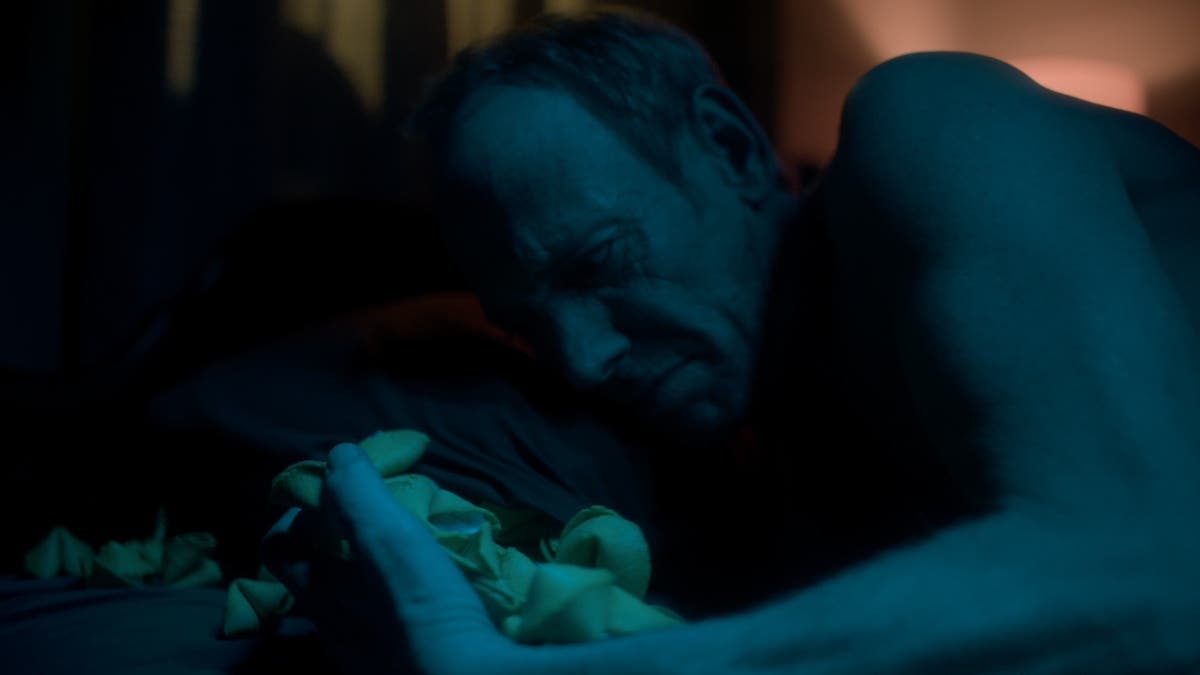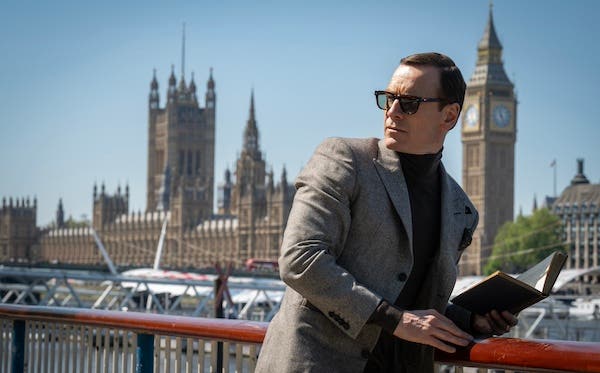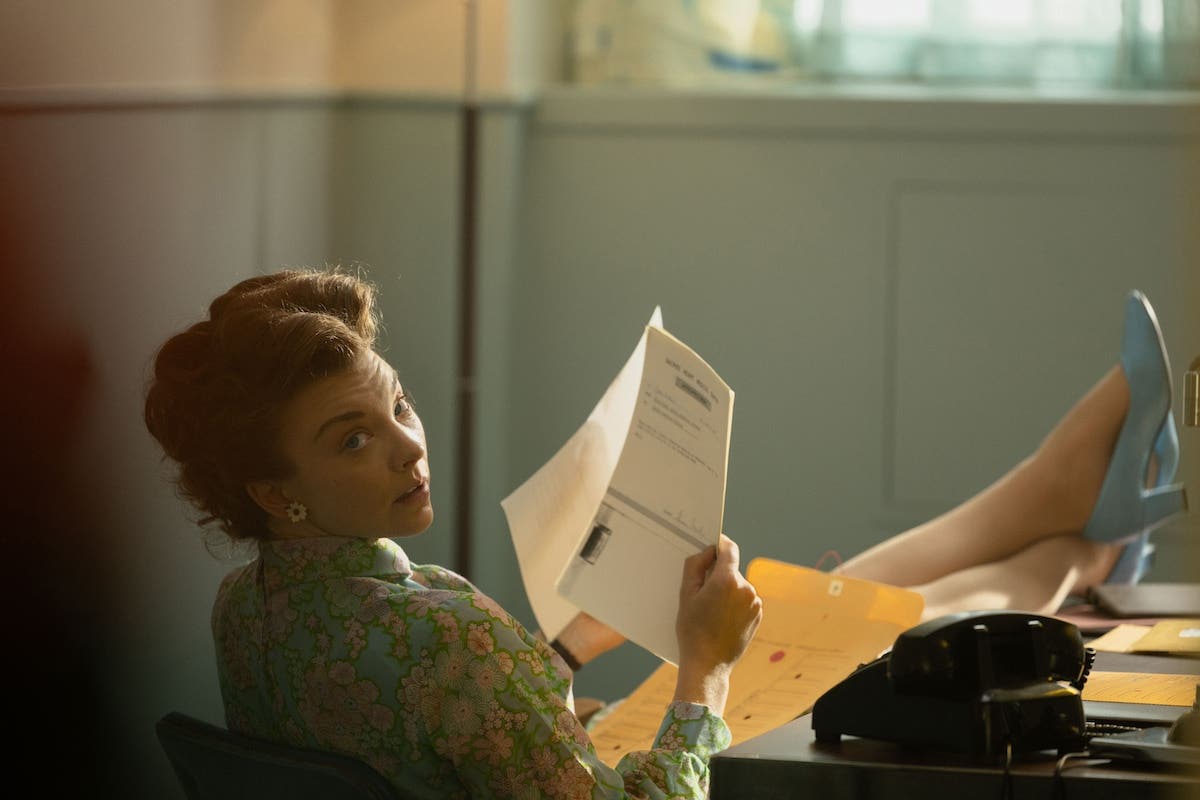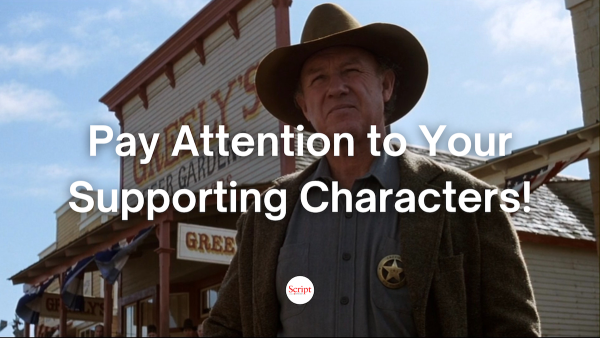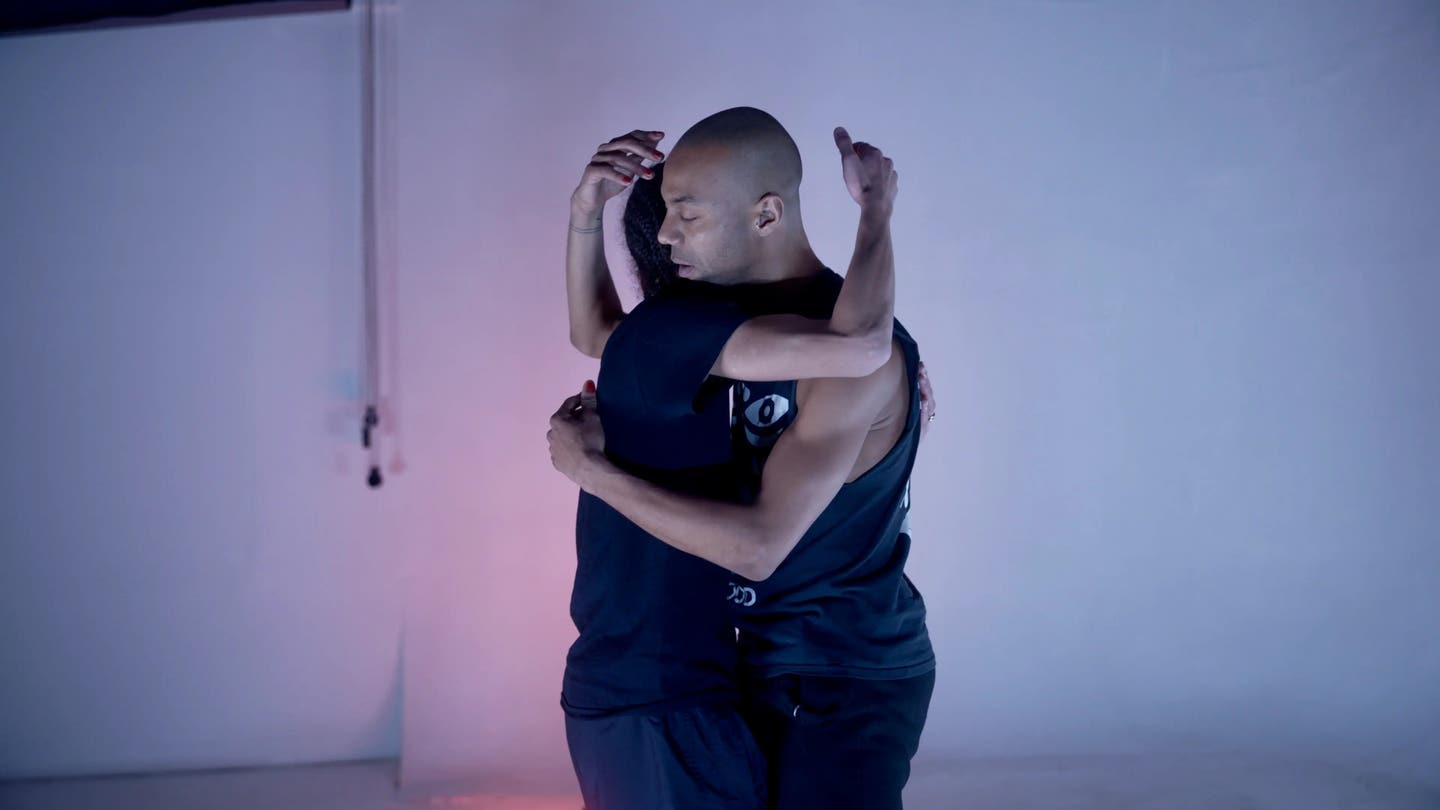Script Angel: The Screenwriter’s Survival Guide to Production
Hayley McKenzie is a Script Editor and founder of Script Angel, helping screenwriters elevate their craft and advance their screenwriting career. Follow her on Twitter @scriptangel1. Congratulations! You’ve made it…
Hayley McKenzie is a Script Editor and founder of Script Angel, helping screenwriters elevate their craft and advance their screenwriting career. Follow her on Twitter @scriptangel1.
Congratulations! You’ve made it through script development and your precious script has finally been green-lit for production. You’ve survived an onslaught of script notes, some of which made it vastly better, some of which made it different, but thankfully, at least not worse, and others you persuaded the giver against. Your beloved script still looks and feels like the thing you wanted it to be and now it’s going to be made and you can go to your own movie premiere, and you’ll be adored and everyone will want to hire you and buy all your other spec screenplays, and you can buy a [insert your dream luxury goods/property here], and all your future scripts are going to attract your favorite directors and be a huge hit and win critical acclaim …. OK, now stop, because there’s the small matter of production to get through yet before there is a film for anyone to see.
If the development process was all about collaboration, being the screenwriter of a script in production is all about compromise, if you’re lucky, or watching helplessly from the sidelines as your beloved script gets ruined if you’re not. Of course, film and television are very different beasts, and each film and television show is different from the next, with the experiences of their screenwriters varying enormously.
If you’re Vince Gilligan creating Breaking Bad and you’ve previously written 128 episodes of The X Files, or if you’re Chris Chibnall creating Broadchurch for ITV and you’ve already been lead writer on Law&Order:UK for ITV and written on Torchwood and Doctor Who for BBC, then you’ve earned that Executive Producer credit and all the creative input and responsibility that comes with it. It might be something many writers strive for, but being the Showrunner and the creative vision behind a show isn’t for everyone. Russell T Davies writes brilliantly about the joys and stresses of showrunning Doctor Who in his book The Writer’s Tale. If you’re a staff writer on Casualty (BBC) or CSI (CBS), or any other big show, you have to accept that the creative vision of your episode ultimately belongs to someone else. That said, at least if you have created the show yourself, be it a 3-part thriller or a returnable series, you are considered to be the creative vision of the show, and as such, will usually be creatively involved in the decision-making process right up until the final dub.
Film is a whole different ball game. The chances of a screenwriter, even a successful one, being fired or replaced on their own original work are incredibly high compared to television. If you’re a first time screenwriter, and your spec script has been bought by a major Hollywood studio, it’s likely your creative involvement in the project ends with the green-light, if not well before as other ‘name’ writers are brought on to rewrite your work. If you are able to stay creatively involved after green-light, either by having brilliantly secured an Associate Producer / Producer / Executive Producer role or by simply developing a good relationship with the Producer and Director, then here are my tips to surviving that process.
The first thing to remember is that in film the creative vision is considered to be that of the director and not that of the screenwriter. The chances are that you, as the screenwriter, have had nothing to do with choosing the director. If you’re lucky, the director will share your vision of the piece and sprinkle their own magic dust over the top of your already brilliant script, turning your pages into cinematic gold. If you’re unlucky, the director will have a different vision of the film your script should be but perhaps it will be different but not worse than what you had in your mind. And if you’re really unlucky, the director will have a completely different idea of what the film will be, and you’ll hate that vision and the film that comes out the end of this extraordinary process. However skilled your writing, much of what is on those pages is open to interpretation, and you now have to leave that interpretation to other people and trust in their skills and artistic choices.
The other thing to bear in mind is that what your script means to you and what it means to the (possibly hundreds of) people involved in making the film a reality are worlds apart. This story came from you. It is part of who you are. You have lived with this story and these characters and this world for a long time, perhaps years. You have been through agonies and ecstasies together, and that has created a bond that is hard to break, but break it you must if you want to stay sane in this business.
Your script is no longer a piece of art or a wonderful story full of emotional associations. For the film crew it is merely a template, a set of instructions, a guide that dictates what their job will involve for the coming months. Those scenes that you’ve lovingly slaved over now dictate how many night shoots the crew will have to endure, how the budget will stack up, how many costumes need to be bought, how many designed, how many scenes an actor is in and how long they’ll be shooting for, how many locations must be found, how many sets designed and built.
It’s a good idea to spend time on a film set, preferably one as large as possible. Understanding, or at least having some vague notion of, what all these people in a film crew do, the kind of hours they work and the pressure they’re under is vital if you want to stay involved. You might not want to change a single word of your script after green-light but the reality of what happens to a script in this pre-production stage and again during shoot is eye-watering. Production is a compromise between the ideal (your script) and what is practical and possible. Expressing your views about the artistic importance of not changing the park scene to a diner might feel like a big deal but intransience will just get you excluded from the process and at least if they’re going to ditch the park whatever you say, surely better that the solution is a compromise that works for you too? Of course, all that assumes that anyone’s even bothering to involve you post green-light in the first place! Most of the film world works on the assumption that once the script is bought, the screenwriter’s job is done and their involvement ends. If you want it to be different you’re going to have to fight to make it so, but it is possible.
Getting your script made is a joy and a thrill and is ultimately the reason you wrote it in the first place. But filmmaking is an extraordinarily difficult process, and you might not like what comes out the other end of it. My advice: hope for the best but expect the worst, that way you won’t be disappointed and you might be pleasantly surprised.
Related Articles:
- More Script Angel articles by Hayley McKenzie
- Script Angel: The Script Development Process
- Alt Script: Should You Always Act on Script Notes?
- Balls of Steel: Getting Honest Feedback
- Legally Speaking, It Depends: Script Consultants, Good, Bad?
Tools to Help:



